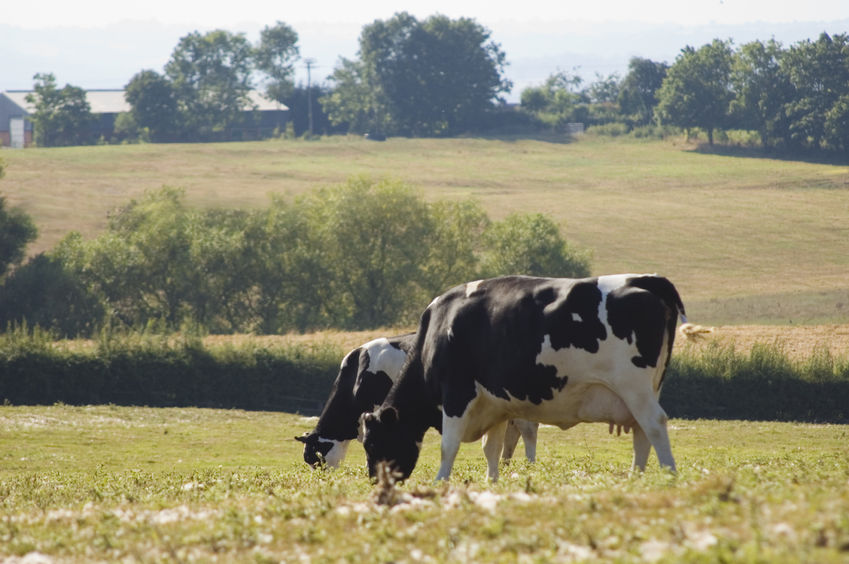
UK dairy farmers are producing some of the best produce in the world and should be marketing it to survive future volatility, according to a dairy protest group.
Farmers are being asked to be prepared for future volatility amid a current period of consolidation after the milk price crash.
But changes to basic payments and a need to focus on promoting the high standard of produce could deter future instability, according to Farmers For Action (FFA).
It comes as news that incomes are set to increase markedly in 2017/18 amid soaring dairy demands and values.
Dairy farmers lost an average of 3.49p per litre in 2016/17, following a spell of disastrously low milk prices, according to the survey.
Amid current increasing prices, the dairy industry has gathered at the Dairy Show in Somerset, one of the most important dates in the calendar for a dairy farmer.
“We do not sell ourselves as a nation and there is very little realisation that we produce the highest quality milk in the world and have some of the highest standards in the world,” according to Mike Houghton at Andersons Consultants.
“We need to differentiate British food from imports. The standard of welfare and stockmanship that the UK dairy industry achieves is a key element.”
Shout and promote
David Handley, at Farmers For Action, encouraged farmers to shout about being in the dairy industry.
“Farmers need to tackle communication with consumers – especially the children of today and tomorrow. We need to get out there and promote our product - the next generation have the opportunity to drive change.”
Milk prices have swung from around 19p/litre in June 2016 to around 30p/litre now – such a swing in a short space of time has resulted in challenges for farmers but also means the industry could be quick to forget the sheer size of the losses that occurred.
“The support industry for dairy has over £1bn worth of debts – now is a period of consolidation to get back to a debt that is manageable,” Mr Handley explained.
'Resilient'
Mikael Oakes, NFU dairy board chairman, reiterated that prices had turned at the right time, but that now was the time to redress the bank balance.
“The advice is, if you are to make an investment, make yourselves more productive and efficient, not necessarily produce any more milk – there’s a big difference. Concentrate on becoming more resilient.”
There was also a call for real time market information from the Government.
“We are asking for mandatory price reporting but at the moment there is no mechanism in place to see where the market is going that can gage whether we should lock in to forward prices or not,” added Mr Oakes.
Milk futures
The development of milk futures was also likely to mean big changes to the dairy industry, said John Allen at Kite Consulting.
“Whether you like them or not, they are here. Though they offer the potential for intelligent price awareness, there is a question of whether they are the right way to go.
“The futures say that prices will be off peak come early bring, but they won’t be a price collapse,” Mr Allen said.
Labour was another key issue to be addressed at the event, with focus directed not only at dealing with the labour shortage but also how to retain current staff.
Indeed, a new report outlining the case for UK dairy farming to maintain access to EU labour in the short term, and improve the pipeline of domestic labour in the long term, has been presented to government.
Farmers are questioning where they are going to get labour from, said Mr Oakes. He said it is key that farmers have a conversation with current staff to tackle any issues.
